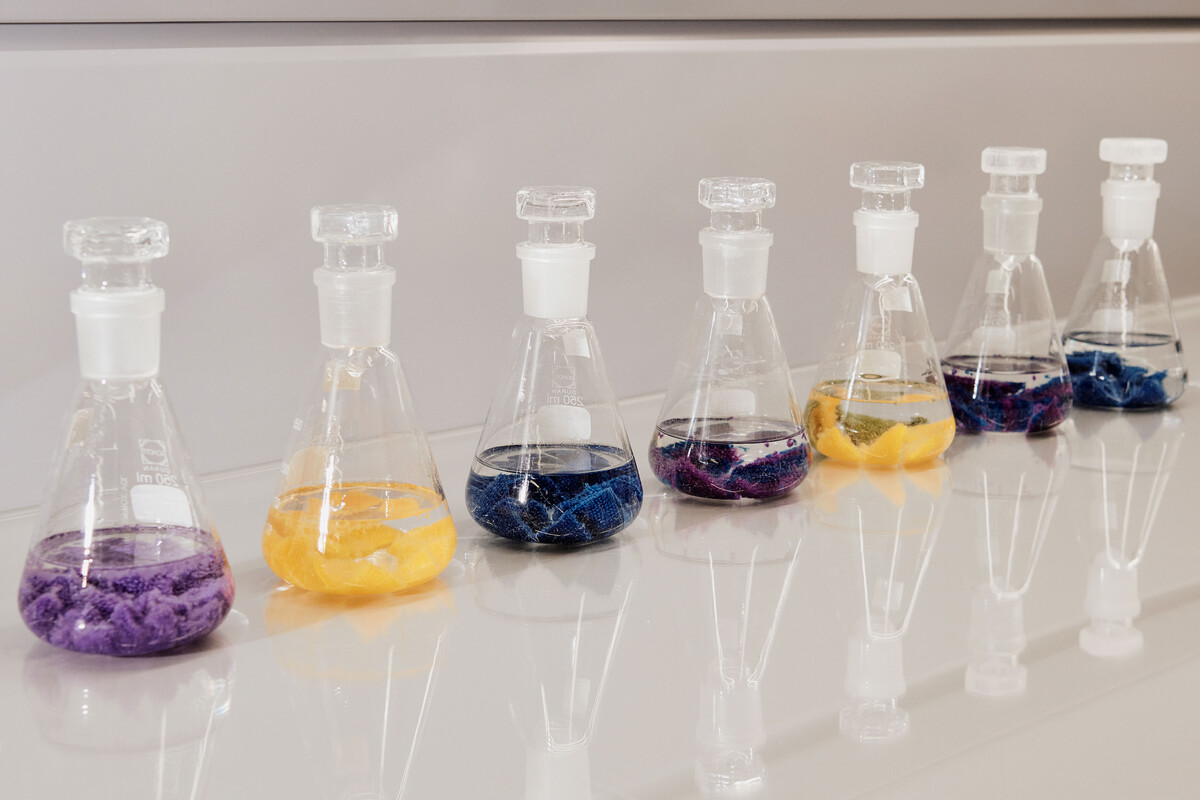
Please find a brief overview of the new regulations and changes that will come into force on 1 April:
Products and updates
- Integration of BHive@-App into OEKO-TEX® STeP
The integration of the BHive® app from GoBlu into STeP, enables certified production companies to check sustainability requirements and chemical management in global supply chains. - OEKO-TEX® ORGANIC COTTON
The new OEKO-TEX® ORGANIC COTTON certification will verify reliable labelling of organic cotton textiles starting April 2023
- Ban on PFAS/PFC
OEKO-TEX® has issued a general ban on the use of perfluorinated and polyfluorinated alkyl substances (PFAS/PFC) in textiles, leather and footwear for the OEKO-TEX® STANDARD 100, OEKO-TEX® LEATHER STANDARD and OEKO-TEX® ECO PASSPORT certifications. - OEKO-TEX® ECO PASSPORT
The OEKO-TEX® ECO PASSPORT certification will make the previously voluntary self-assessment mandatory for all production sites from April 2023.
Updates to OEKO-TEX® STANDARD 100, OEKO-TEX® LEATHER STANDARD and OEKO-TEX® ECO PASSPORT limit value catalogues
- Additional pesticides have been added to OEKO-TEX® STANDARD 100, OEKO-TEX® LEATHER STANDARD and OEKO-TEX® ECO PASSPORT certifications, such as chlorothalonil in Annex 4 and 6, which were previously under observation
- Also, for OEKO-TEX® STANDARD 100 and OEKO-TEX® ECO PASSPORT three substances have been reclassified as Substances of Very High Concern (SVHC) that may have serious effects on human health and the environment.
- In general, having strict requirements for certain substances reduces exposure to the environment, workers and consumers.
- New under observation In 2023, OEKO-TEX® will continue to monitor various substances based on the latest scientific findings and conformity with relevant specifications. This primarily concerns the antioxidant drometrizole and the chemical compound N-ethyl-2-pyrrolidone.
The 2023 new regulations are available here in detail:
You can also find the new standards online:

